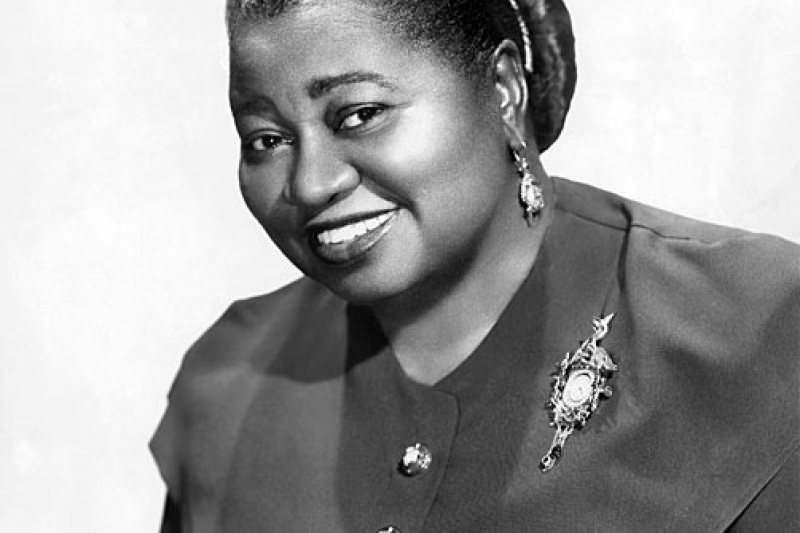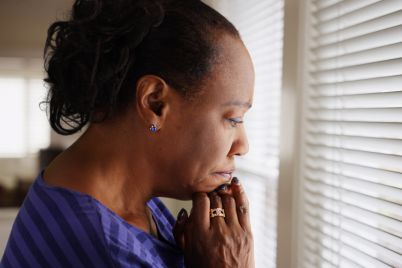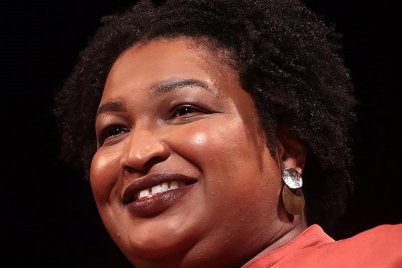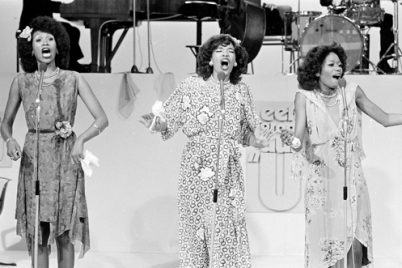Hattie McDaniel was the first African American to be nominated and to win an Academy Award
BY KEISHA BELL | Visionary Brief
If your bloodline contains the DNA of a slave, then someone directly connected to you was the firstborn free. Have you ever taken a moment to imagine what life must have been like for that ancestor, your ancestor—-a soul created whose parent was a former slave? What messages do you think were passed down regarding race relations, community responsibility, individual possibility and self-worth?
Meet Ms. Hattie McDaniel. Born on June 10, 1895, to former slaves, McDaniel was the first African American to be nominated and to win an Academy Award for her role in “Gone with the Wind.” She was the first black woman to sing on the radio in the United States, the first black American to star in her own radio show (was inducted posthumously into the Black Filmmakers Hall of Fame), and she was the first black Oscar winner honored with a U.S. postage stamp.
During the height of McDaniel’s Hollywood career, she was criticized by members of the black community for the roles she accepted. Walter White, executive secretary of the NAACP and an African-American man of majority-white ancestry who at times intentionally “passed” as white to protect himself in tense situations, was very vocal in his claims that McDaniel acted willfully in perpetrating stereotypes that oppressed blacks via the roles she accepted. Such public outcries negatively impacted McDaniel’s earning capacity.
Not surprisingly, McDaniel’s work sometimes angered southern white racists as well. How many black professionals can relate to McDaniel’s predicament, rejected by members of one’s own community while having to deal with hatred from another?
In McDaniel’s case, she also faced Jim Crow laws and policies that prevented her from such things as attending the premiere of “Gone with the Wind” in Atlanta because of Georgia’s segregation laws and being required to sit at a segregated table at the far wall of the room at the Oscar’s ceremony because of the hotel’s strict no-blacks-allowed policy.
Critics within the black community may have had a point, but should their position hold greater importance than that of McDaniel? It was McDaniel, after all, who had been an actual maid. It was her parents who were slaves.
In speaking of the house slave role that won her an Oscar, McDaniel reflected that she loved the character and that she believed she understood the role because her grandmother worked on a plantation similar to the one in the film. Whereas many in the black community had an adverse reaction to McDaniel’s public sentiment, could her truth have been exactly what she said it was—-class-based biases against domestics?
True, McDaniel was not associated with civil rights protests, but was that a mandate? A legal fight is listed among the ways she gave back to the black community. When racist neighbors filed a lawsuit to enforce the racially restrictive housing covenants contained in the deeds to her home and those of other blacks who had managed to buy mansions in the predominantly aristocratic white neighborhood, McDaniel organized workshops for her black neighbors to discuss strategy and gathered hundreds of sympathizers for a court appearance.
Superior Court Judge Thurmond Clarke dismissed the lawsuit. This legal victory gained national attention and helped to produce a later Supreme Court decision overturning housing covenants.

Keisha Bell
At the time of McDaniel’s death, she was penniless. The whereabouts of her Oscar, which she bequeathed to Howard University, is unknown. McDaniel was first born free, yet she understood the fight to remain free at times positioned her counter to individuals within and outside of her community.
Keisha Bell is an attorney, author, and public servant.









